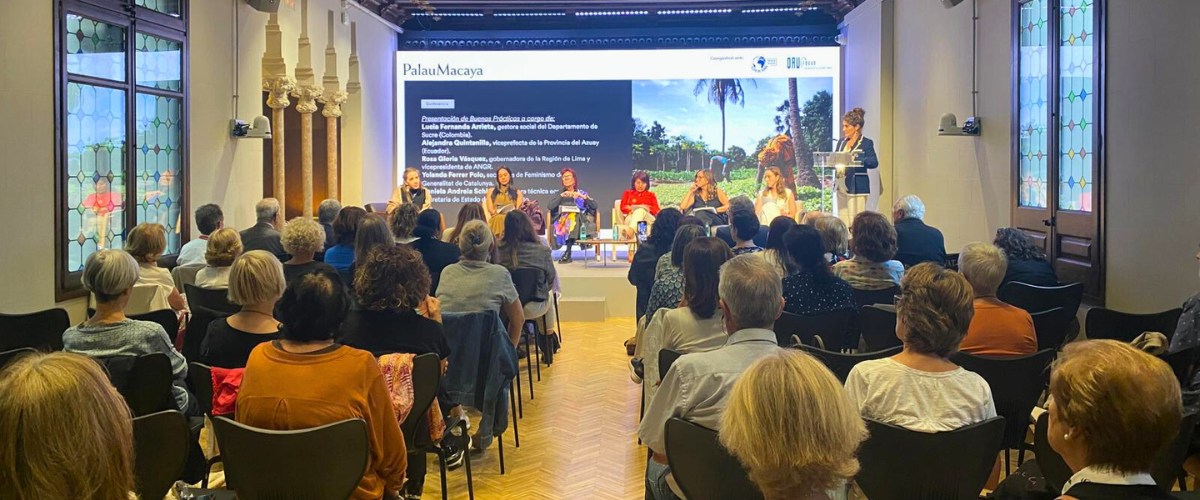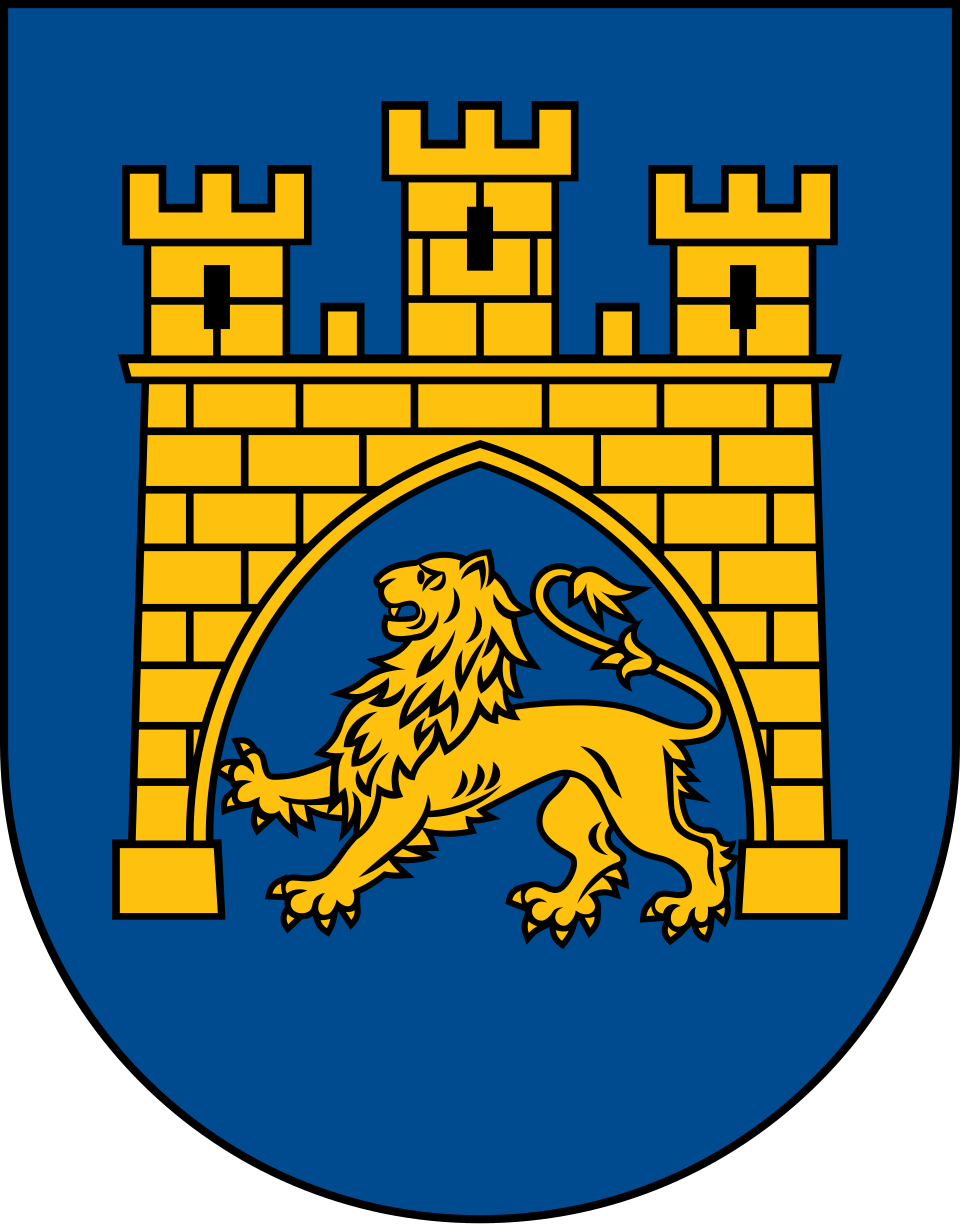Women and “Zero Hunger"

The Side-event “Women and Zero Hunger”, organized by ORU Fogar and the Club of Rome in the framework of the V Regions Zero Hunger Summit, with the participation of women governors and regional leaders from different geographies, was a radical manifestation of confidence in the capacity of women to contribute to food sovereignty.
Jaume Lanaspa, President of the Barcelona Office of the Club of Rome, opened the event and gave the floor to Claudia Martinez, coordinator of ORU Fogar's Gender Working Group. The Secretary of Women's Affairs of the Province of Córdoba, Argentina, set the stage for the event. She explained that, in many territories, women play a fundamental role in food production, dedicating themselves to sustaining agriculture in rural areas, being responsible for a large part of the activities related to the processing, conservation and commercialization of agricultural products. Despite this, inequality remains, especially in rural areas and in economies determined by agriculture and food production.
Daniela Andreia Schlogel, technical advisor of the State of Paraná, Brazil, stated that the discussion on the role of women in food security should focus on reducing these gaps and achieving true social inclusion of women in this area. One of the main strategies to combat this reality, she said, is the mainstreaming of the gender agenda in different public policies carried out by the regions. The Brazilian representative insisted on the need to strengthen production chains, to bring them closer from producers to consumers.
Rosa Gloria Vásquez, Governor of the Lima Region and Vice President of the National Assembly of Regional Governments of Peru, pointed out that women, despite being the main producers of food and responsible for the processing and preservation of food products and the nutritional status of the family, face enormous barriers in carrying out these tasks. She took the opportunity to recall that in her country, with 25 regions, there are only two women governors and none before the last regional elections.
Yolanda Ferrer, Secretary for Feminism of the Government of Catalonia, presented the results of the “Women of the Rural and Maritime World” program. She explained that this program, now in its third edition, aims to generate conditions of equality in agri-food and forestry production activities in Catalonia, and in economic activities related to the maritime sector, within the framework of sustainable agri-food systems. With this objective, it proposes four areas of impact: visibility, recognition and dissolution of stereotypes, promotion of employment and entrepreneurship, participation of women and mainstreaming of the gender perspective. Yolanda Ferrer highlighted the progress made, but stated that it was necessary to continue the effort and the task.
Claudia Martínez, Secretary for Women's Affairs of Córdoba, also wished to contribute good practice in this area of rural life in this Argentine province. “In the agricultural sector,” she explained, “ rural women, who make up 43% of the workforce, face wage gaps of 40% and difficulties in accessing resources. The Government of the Province of Córdoba has responded with key policies such as the creation of the Diversity, Gender and Rurality Board, training in trades, support for migrant women, and comprehensive health programs for rural women. In addition, the provincial network of day care centers provides care and protection for children from 45 days to 3 years of age in vulnerable sectors, allowing women to work or attend school with the peace of mind that their children are well cared of”.
Alejandra Quintanilla, vice-prefect of the Province of Azuay, Ecuador, pointed out the fundamental role that women play in the preservation of natural resources, since over time they have acquired essential and unique knowledge about the values and uses of local species and ecosystems. She also stressed that the nutritional status of families is an important factor when talking about food security. Thus, in most countries, women are usually exclusively responsible for family nutrition and the provision of resources that are essential for food.
Lucia Fernanda Arrieta, social manager of the Department of Sucre, Colombia, highlighted the impact of violence and poverty in her country on food security, with the result that today 49% of households in her Department are food insecure. This problem, he explained, is especially serious in rural areas and affects women in particular. That is why the Food Sovereignty Plan of the Department of Sucre, which is already being clearly implemented, has a clear gender focus. Lucia Fernanda Arrieta expressed her conviction that the success of the Plan depended to a large extent on women.
Marita Perceval, UN Women delegate at the V Summit, recalled that the 1996 World Food Summit Declaration recognizes the need for equal participation of men and women to achieve food security worldwide. In this way, she said, it seeks to guarantee gender equity and support the full exercise of women's rights. His intervention was, in any case, a convincing plea in favor of the regions, when he celebrated the fact that the text resulting from the recent United Nations Future Summit recognized the regional role in the deployment of the 2030 Agenda. Already at the closing, Carles Llorens, ORU Fogar's Secretary General, following the content marked by Marita Perceval, asked for the support of the UN representative to continue advancing in this recognition that -he said- “being true, is not yet satisfactory for the regionalists”.










































































